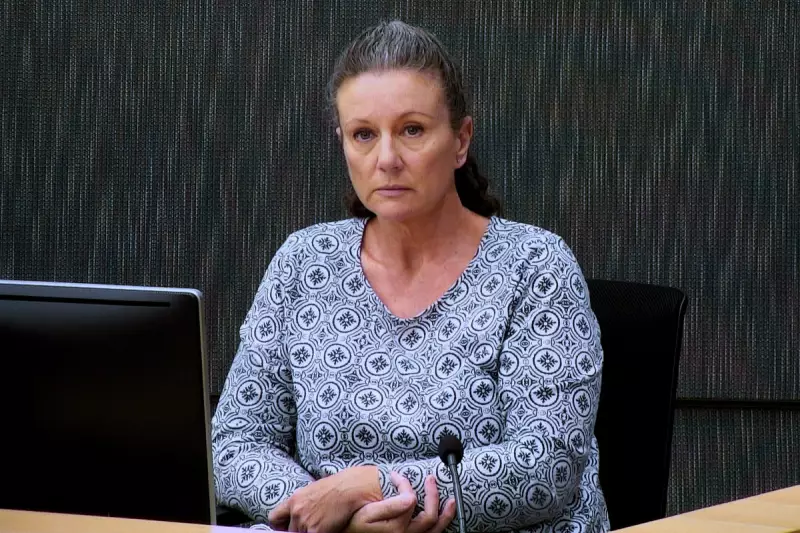
Kathleen Folbigg, the Australian woman previously convicted of killing her four children, has been awarded compensation after her convictions were overturned. Folbigg, who spent two decades in prison, was once labelled 'Australia's worst female serial killer'.
Her case, which shocked the nation, was revisited after new scientific evidence cast doubt on the original verdict. Experts argued that genetic mutations could explain the children's deaths, leading to Folbigg's pardon and eventual release.
A Landmark Legal Reversal
The decision to compensate Folbigg marks a significant moment in Australian legal history. Her wrongful conviction had been upheld for years, despite growing concerns about the evidence used against her.
Legal experts have hailed the compensation as a step towards justice, though they note that no amount of money can undo the years Folbigg lost behind bars.
Scientific Evidence Key to Overturning Conviction
Advances in genetic research played a crucial role in Folbigg's case. Scientists discovered that two of her children carried a rare genetic mutation that could cause sudden death in infancy.
This breakthrough evidence prompted a judicial review and ultimately led to Folbigg's convictions being quashed. The case has sparked discussions about the role of science in criminal investigations.
Public Reaction and Ongoing Debate
The news of Folbigg's compensation has divided public opinion in Australia. While many see it as long-overdue justice, others remain unconvinced of her innocence.
The case continues to raise important questions about the justice system's handling of complex medical cases and the potential for wrongful convictions.





